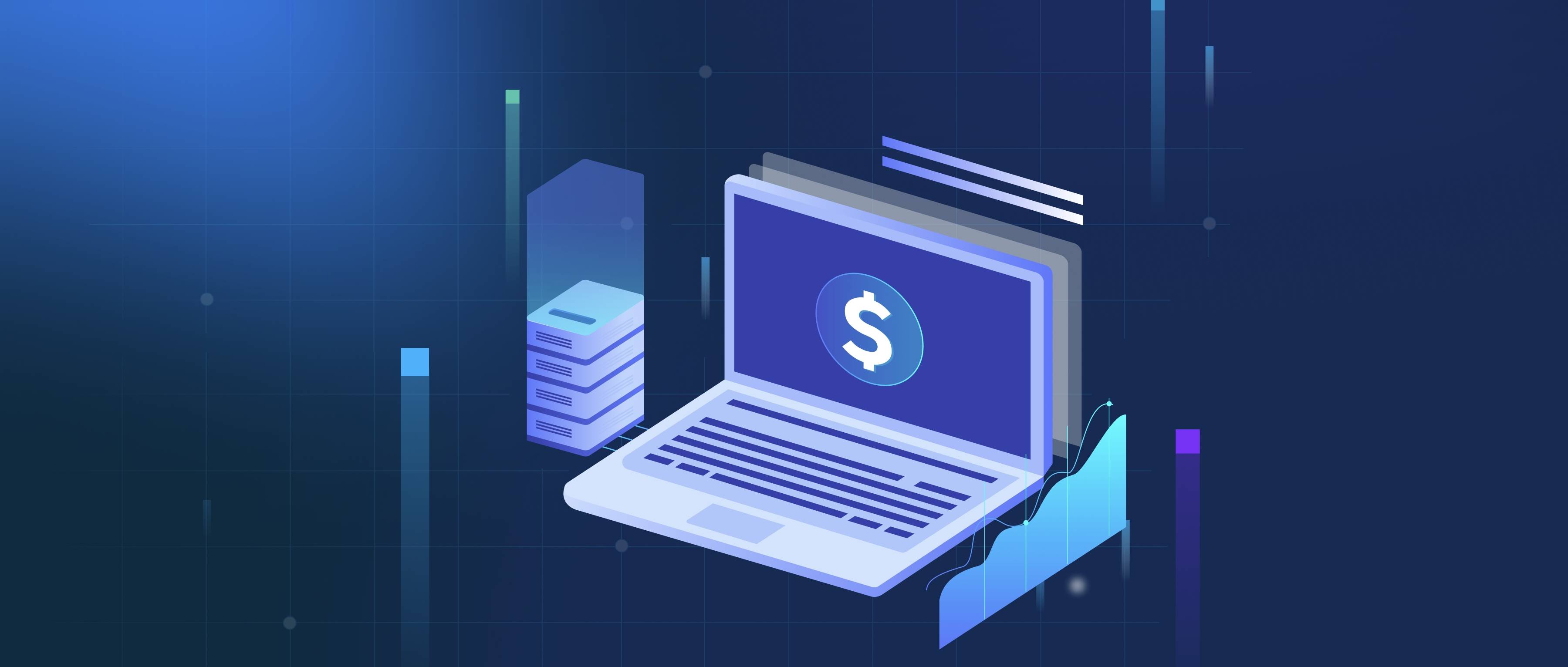Infrastructure as a Service (IaaS) platforms support compliance by providing tools and features that help organizations meet regulatory requirements and security standards. These platforms often include robust security measures, data management capabilities, and access control mechanisms that are essential for ensuring compliance with regulations such as GDPR, HIPAA, and PCI-DSS. For instance, IaaS providers often offer encryption for data at rest and in transit, which helps protect sensitive information and supports compliance efforts.
Another way IaaS platforms aid compliance is through transparency and auditing features. Most IaaS providers offer detailed logging capabilities, allowing businesses to track access to their systems and data. These logs can be crucial for audits, as they show who accessed information and when. Additionally, many platforms provide compliance certifications that demonstrate their adherence to industry standards. For example, many IaaS providers are certified under ISO 27001, which showcases their commitment to information security management, making it easier for organizations to align with regulatory requirements.
Finally, IaaS platforms often allow for customizable environments that can be configured to meet specific compliance needs. Users can set up firewall rules, segment networks, and manage user permissions effectively, which supports the creation of a secure infrastructure tailored to an organization’s compliance requirements. By leveraging these customizable features along with the inherent security measures provided by the platform, developers can build and manage applications that not only comply with current regulations but can also adapt to any future compliance changes or requirements.
